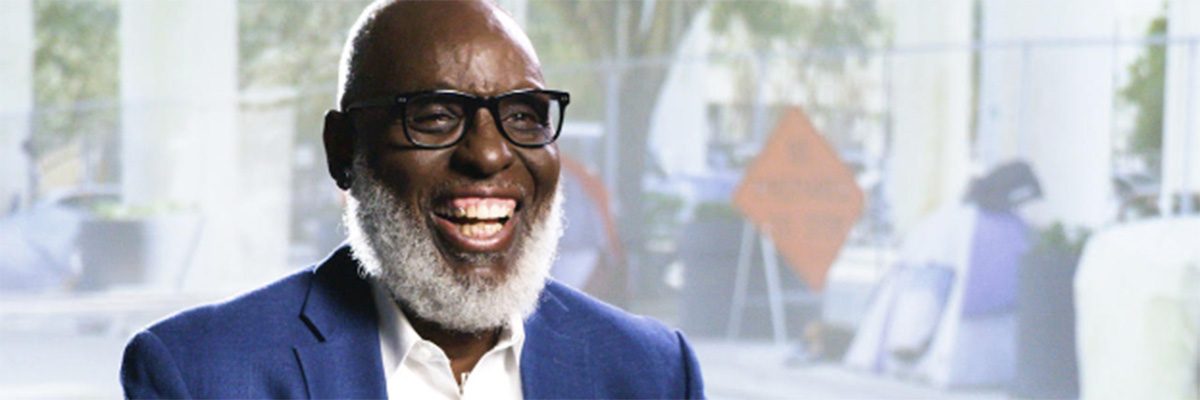For more than three decades, Cleveland Bell III has served as Executive Director for Riverside House, a non-profit faith-based organization. Once jailed himself, he is an admired figure known for his community activism and advocacy. He has served on the Homeless Trust board for several decades. In 2020, he was asked to chair the newly created Racial Equity Work Group for the Miami-Dade County Homeless Trust. He shares his vision and hopes for the committee in this exclusive interview.
What do you think is important for the public to know about the Racial Equity Work Group you chair?
The goal is to let the community know that we are addressing the racial disparity happening among individuals experiencing homelessness. Our mission is to promote equity and access to housing and essential services so that everyone succeeds.
How did you approach your role as chair of the Racial Equity Work Group?
As chair of the committee, I approached my role by drawing upon my own personal experiences as a person of color that was homeless and has a criminal record. As a result of that, I believe that my ability to represent the community and serve speaks to my commitment in sharing the things that I have experienced with board members, as well as the community at large to hopefully deepen their understanding of the challenges that the homeless population faces.
Working with marginalized communities has always been a part of what the Homeless Trust has done because its clients tend to be the very people that are in positions to be discriminated against. Tell us about that?
From its inception, the Homeless Trust has been preparing for the days we find ourselves in. Groups face discrimination by the second and our commitment is to diversify equity and inclusion; it’s an intricate part of our mission even with those serving on our board. We make it our priority to provide educational training to enhance everyone's understanding of the challenges involved.
What are the areas you want to improve upon and what are a few of the most important priority changes your committee wants to see?
We aim to improve awareness and understanding of the challenges faced by individuals facing homelessness and discrimination. Secondly, we acknowledge that all of these challenges often go beyond simple stereotypes such as institutional discrimination. Discrimination is a significant issue here and we believe it's crucial to have individuals who can empathize with these issues. Our community's priority is to facilitate training and education to help individuals generally understand and relate to the challenges faced by marginalized communities. From the very creation of the board itself, these subject matters have always been a part of what we’ve given thought to from the perspective of including all elements and all segments of our society into the homeless arena - through law enforcement, through public schools, persons with lived experience of homelessness, you name it. Foremost, we want our community to know that we are doing a good job, but we won’t rest on our laurels. There’s much work to be done.



